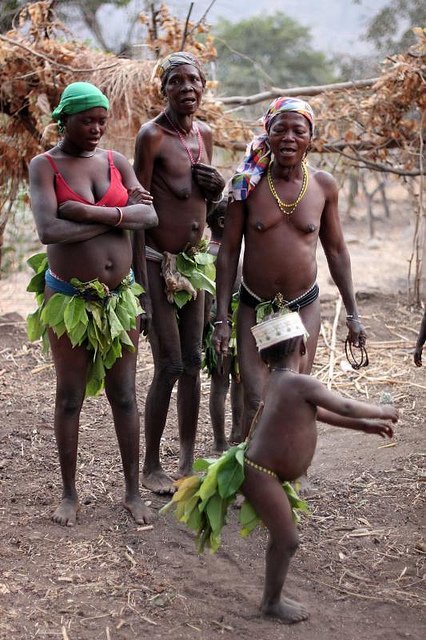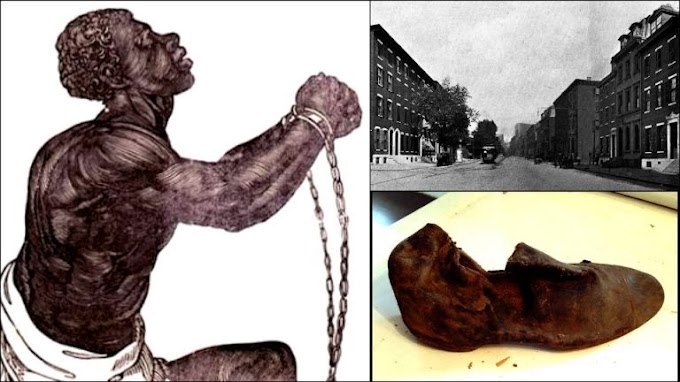History of Ikoyi Lagos
Admin
June 15, 2022
The major farming area was known at the time as “Oko Alagbon” (Coconut Plantation) and the area which is currently the grounds for the Polo Club; both of which were notable fruit cultivation centres.
With the increasing expansion of Lagos Colonial Administration and the development of the Marina, heightened the need for more land to absorb the corporation of British officers and also the influx of senior Nigerian civil servants during the early years of Amalgamation.
It was therefore in a bid to acquire more land for development that the swamps of Obalende, Apapa, North-East Ikoyi, McEwen and Eleshin. With the development of these areas came the need for better sanitary conditions so Governor Macgregor’s administration drained the Okokomaiko swamp (North-East Ikoyi) and cut a canal through Lagos island from the north to the south thus separating Lagos Island from Ikoyi. The canal was named “Sir Macgregor Canal” in honour of the governor himself.
The program for reclamation of land in Ikoyi involving some 258acres of land in the Southeast, Northeast and southwest (Keffi) was launched in 1918, while physical development of the area began in 1925. The Northeast and Southeast areas of Ikoyi were schemed into residential plots for senior British officials, Diplomats and Industry leaders. The Southwest part of Ikoyi (Keffi) was developed as a scheme for Senior African Staff housing. The programme for the development of Southwest Ikoyi was undertaken in the fifties by the Federal Government of Nigeria (est. 1929) to eradicate slum conditions and effect urban renewal of blighted areas.
During the colonial era, Ikoyi was separated as the Government Reservation Area (GRA). This was as a result of a policy that was passed to separate the residential areas of Europeans from the natives, which was in place until the early years of Nigeria’s independence. Between July 1966 and December 1991, Ikoyi served as the seat of the Federal Government of Nigeria.
Today, Ikoyi has grown to be one of the best-planned low-density areas of Lagos state. Ikoyi is the cynosure of eyes and the top favourite for top government functionaries, barons of industries and expatriate businessmen and women with its serene and green environment.
Following the change of government from military to civilian rule in October 1979, the new civilian government under the administration of Alhaji Lateef Kayode Jakande in April 1980, restructured the 8 local government councils to 23 local government council management committee in which Ikoyi consisted of: Ogogoro and Abagbo village, Obalende, Ikoyi, Victoria Island and Tarkwa Bay. On the 31st of December 1983 with the takeover of the Federal Government of Nigeria by the military from the civilian regime came an annulment of all the local government councils created by the civilian government of Lagos. The new military regime ordered all the states in the Federation to revert and operate in accordance with the provisions of the 1976 Local Government reforms.
Source:
ikoyiobalendelcda
Kindly Share Our Post, Thank you.
Trending now

Oruko Amutorunwa (Pre-Destined Names) In Yorubaland
June 30, 2022

UNBELIEVABLE! The Tribe In Nigeria That Still Walk Naked and Why
August 03, 2022

List of Top 20 Traditional Rulers Dethroned in Nigerian History
January 23, 2023
lastest on History, Culture & Religion
5/History/post-list
subscribe on Youtube
Lastest on Black History
5/Black History/post-list
Lastest on Places, towns and Cities
5/Places/post-list
Lastest on god's and heroes
5/gods/post-list
Lastest on Historical Facts & Records
5/Facts/post-list
Follow Us on Twitter
Footer Menu Widget
Copyright © 2022 Yorubaness | All Rights Reserved.Theme






0 Comments